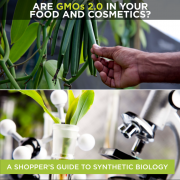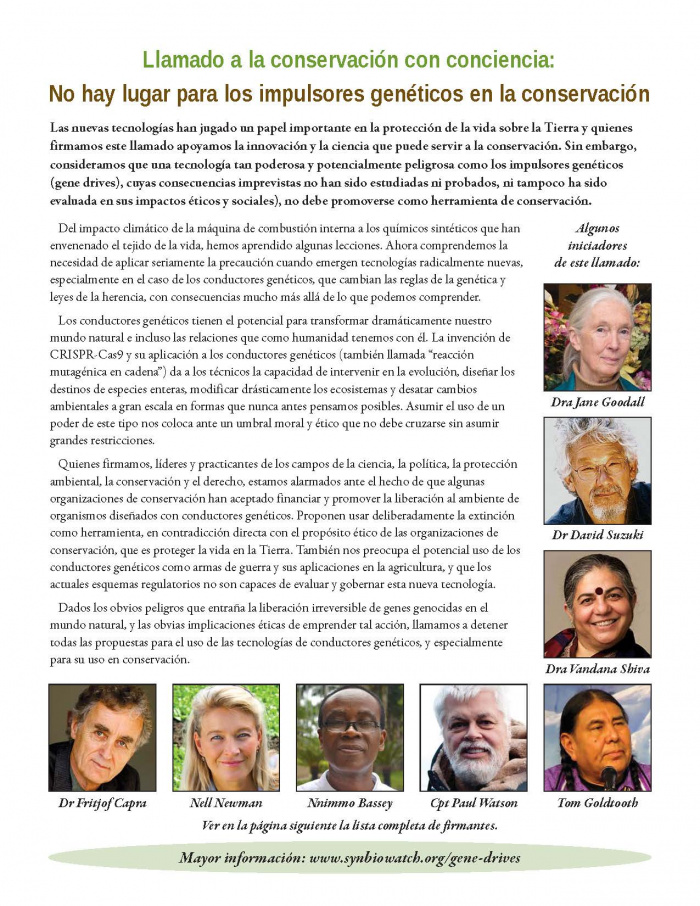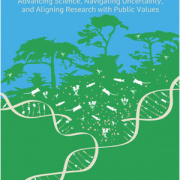New Guide IDs GMOs 2.0 in Food and Cosmetics
Enviado por Trudi Zundel el
BALTIMORE, MD — Consumer and environmental groups today released the Shopper’s Guide to Synthetic Biology to help consumers avoid the new wave of GMOs in food and cosmetics, and find truly natural and sustainable options.
Gene-silenced apples that never look old, synthetic stevia created with genetically engineered yeast — these are just some of the new generation of genetically modified organisms (GMOs) making their way into food and consumer products.






